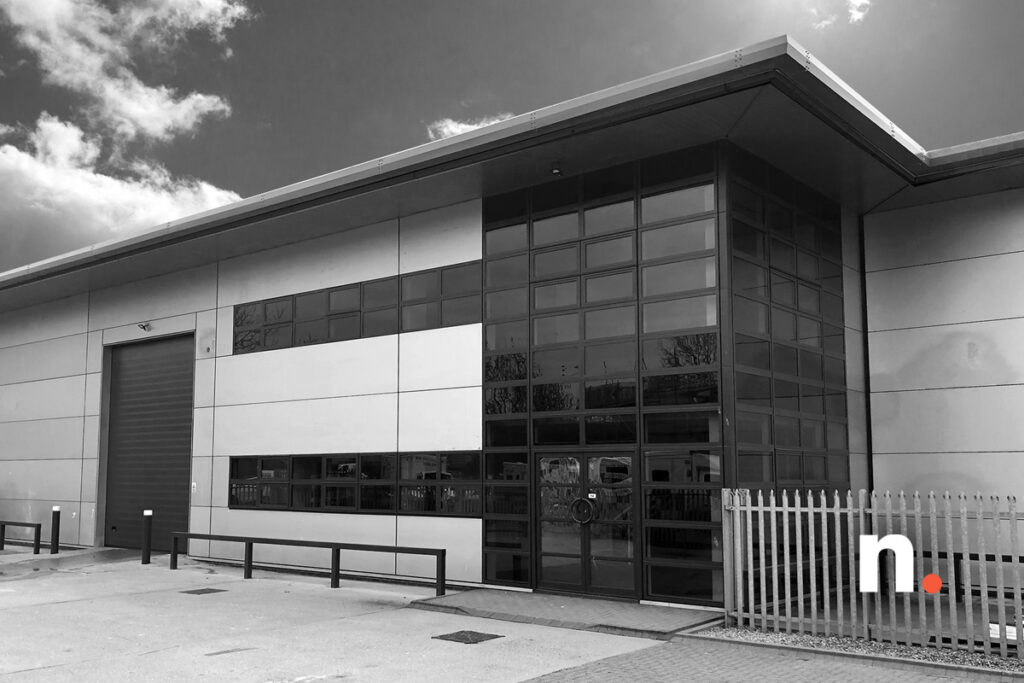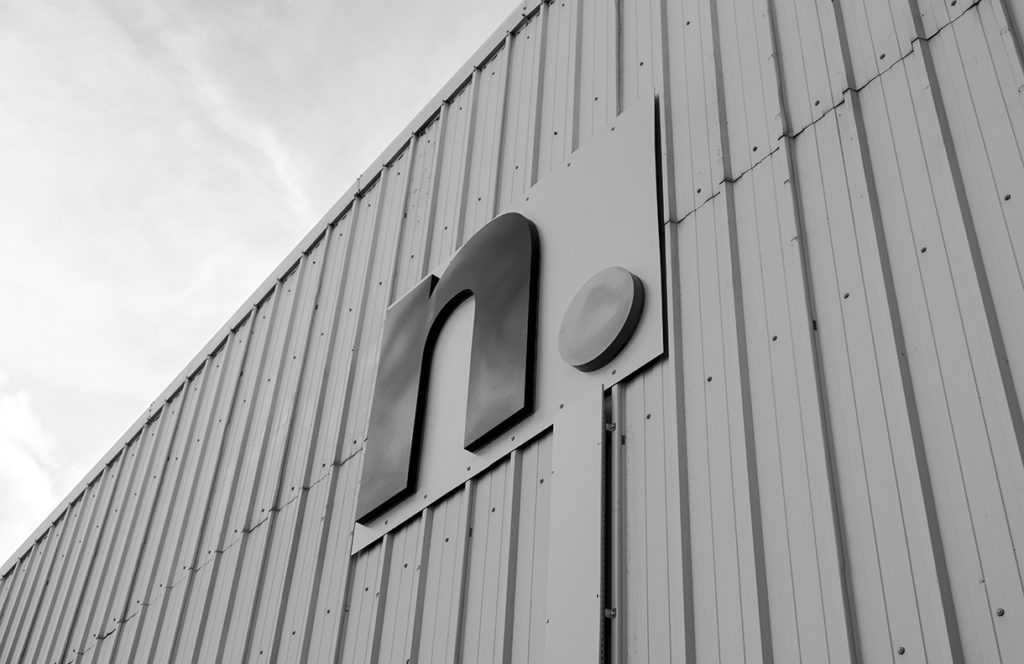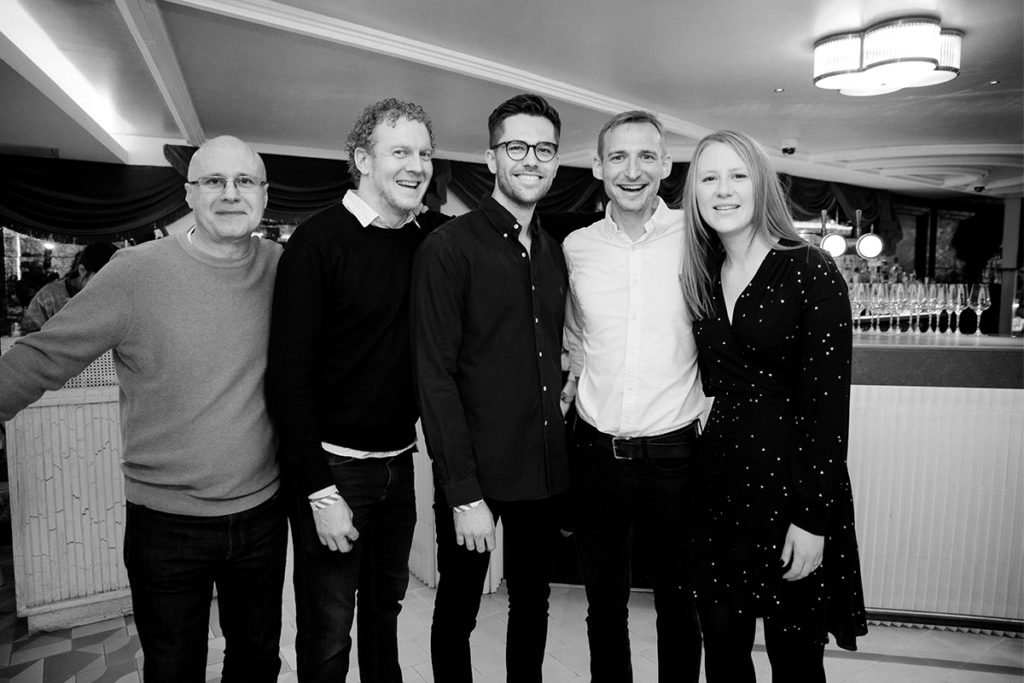Netwise, London’s leading independent data centre operator, has today announced that international fibre infrastructure provider, Zayo Group, will be the first major Tier 1 carrier to officially connect into their new London East data centre (NLE), which is set for launch in mid-2021.

Zayo will provide diverse dark fibre routes into the new location, providing connections back to Netwise’s existing core nodes in Telehouse North and Equinix LD8.
With its central location in the East London data centre ecosystem, NLE will join the existing suite of major Telehouse and Global Switch campuses in the area, creating the best-connected data centre hotspot in the UK.
The new facility will extend capacity and diversity for Netwise, adding 13,000ft2 to their private data centre portfolio, joining the 11,000ft2 London Central site which opened in Bermondsey in 2016.
As well as providing customers with access to turnkey colocation and connectivity services, available across the Netwise data centre estate, clients will also have the option to lease dark fibre routes, allowing for the deployment of high capacity interconnection services for demanding applications. This will benefit Tier 2 carriers and managed service providers that need to interconnect active sites at over 100Gbps. The new connectivity service will be provided in addition to existing Layer 1, Layer 2 and blended transit services available at all on-net Netwise locations.
Netwise London East represents a new era of efficient, green data centre technology in the region, with a PUE design figure of just 1.05. This is an exceptionally low PUE for a colocation facility – particularly in London – delivered through the innovative application of latest-generation evaporative cooling systems. Similar to the existing London Central facility, the new site will be powered by 100% renewable energy sources.
“We’ve used Zayo to deliver high capacity links elsewhere on our network for quite some time, so this is a natural evolution of our growing relationship. The diverse route options provided by Zayo will enable the resilient interconnection of our new London East data centre with the rest of our core network, we’re excited to see the positive impacts of this efficient, world-class facility benefit UK clients and beyond.” Matt Seaton, Director at Netwise
“The newest collaboration with Netwise will enable Zayo to meet the growing demands for connectivity solutions in a major European hub. Our unique, low latency fibre network will provide high quality connections for service providers in the UK and across Europe." Yannick Leboyer, Chief Operating Officer (Europe) at Zayo.
Hard hat tours of the new facility have now begun and can be requested by contacting enquiries@netwise.co.uk. The date of the official launch event is currently pending in consideration of pandemic restrictions, but is expected to happen in July 2021.



